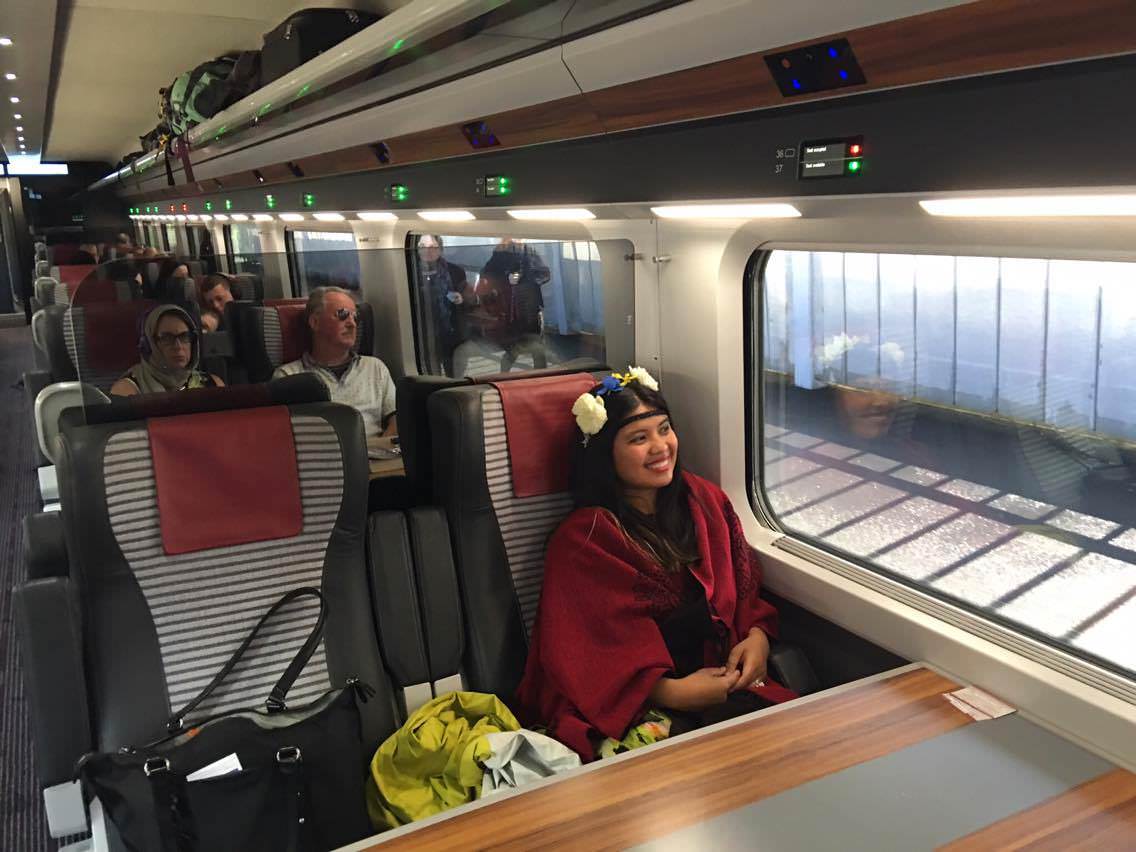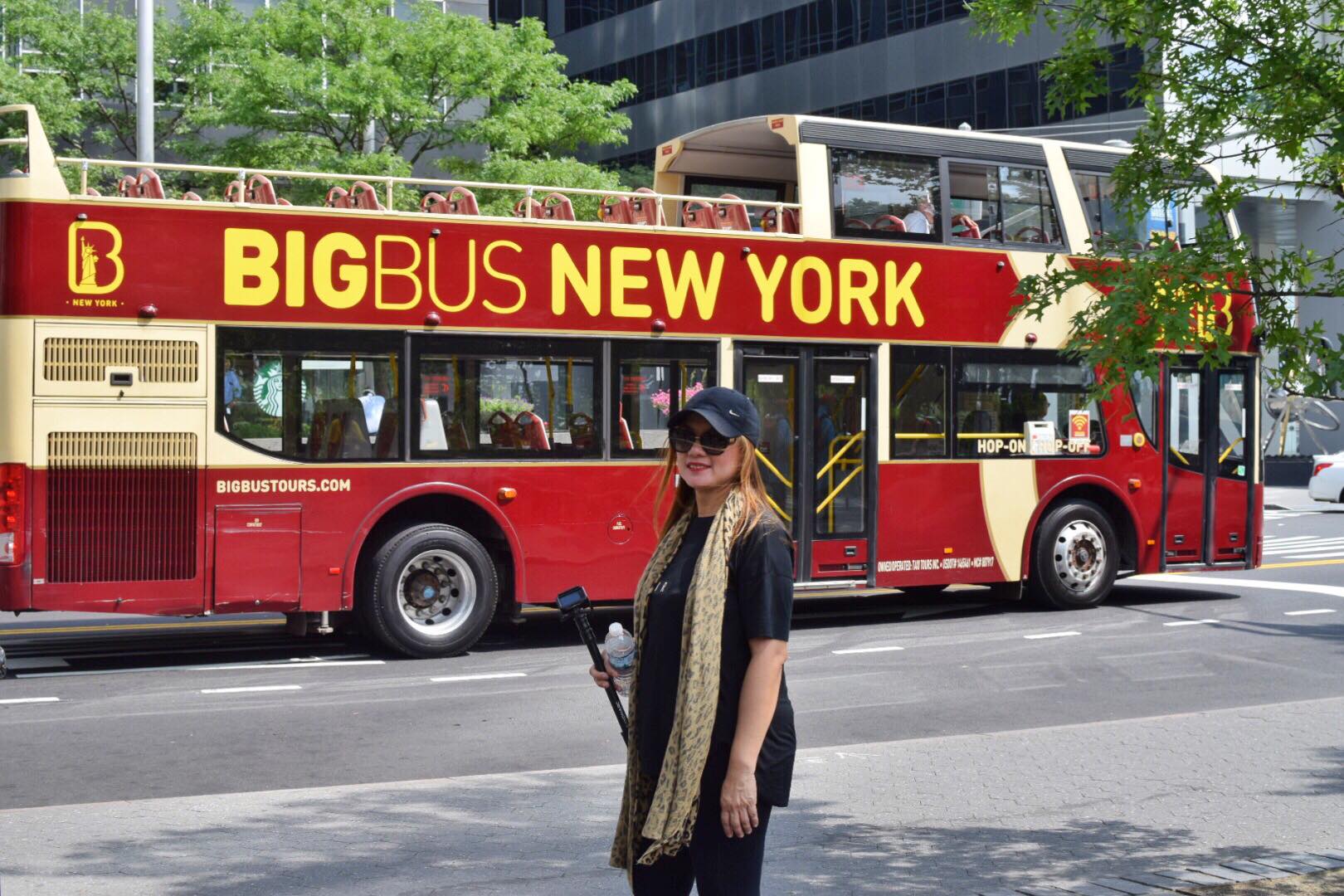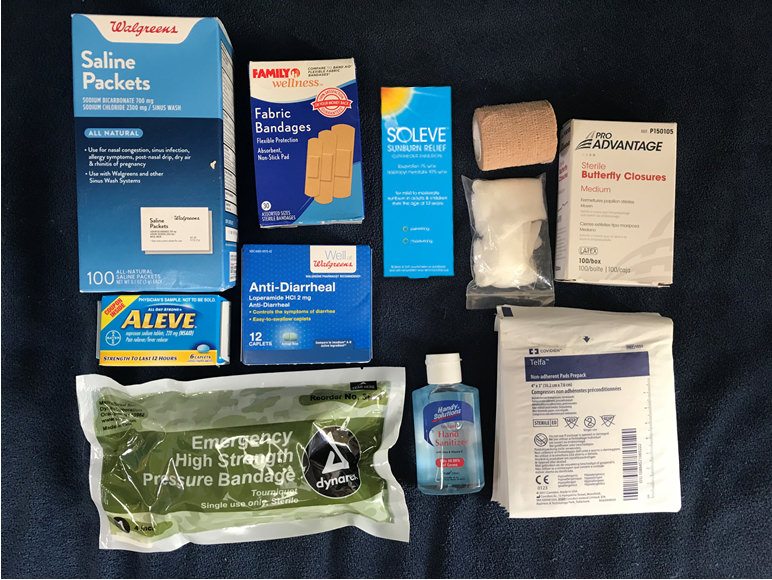Travelling offers an experience that gets you to understand people living in a particular area better. Studies show that traveling can improve your overall health and enhance one’s creativity. It may feel like a struggle if you have difficulty moving around, using a wheelchair, a walker or with controlled movement.
However, if you or a family member is looking for tips on traveling with limited mobility, below is a list to help you make travel a lot easier:
Plan
Planning is the first step in a long process of getting ready for a trip. Travelling is stressful enough as it is, without worrying about any extra help you or a loved one might need.
- Do your research on the destination of choice; ensure there are appropriate movement options for persons with limited mobility or wheelchair access.
- Get a medical statement from your doctor, explaining your condition, any health complications, medication needed, emergency contact and other relevant information.
- Have your medical alert information on you at all times in a place that a responder will find easily. These places could be in a wallet card, around your neck, close to your identification, for example, your passport.
- Check that your hotel or accommodation plan has convenient options at the establishment for persons with limited mobility.
- Find available guided tours with travel agents or sites and read their reviews and ratings. They can help you design your excursions considering your mobility limitations.
- If you use a wheelchair, consider replacing your casters before traveling. The front wheels are not intended to withstand streets with cobblestones. Also, have with you a small repair kit with items necessary to change a flat tire.
Travel Options
Consider your preferred type of transportation to your travel destination and whether it has convenient options suitable for your needs. As Avacare Medical CEO Steven Zeldes advises, it’s important to call the places one would visit with seniors with mobility issues, just to make sure they should do planning before they arrive.
- You may use a travel agent that cater for special needs travel as they understand your condition and aim to give you the best travel experience.
- If you are an independently minded traveler, using an airport, request the Airline for travel help before booking your ticket. They provide support maneuvering the airport.
- Reconfirm your request for “maximum help” while checking in online and at the airport terminals when speaking with an agent.
- While choosing a seat, consider an aisle seat, which offers easy accessibility options for persons with limited mobility or using a wheelchair.
- To avoid the long queues at passport control, find a “disabled help” line for extra help.
- For auditory sensitive individuals, consider bringing noise-canceling headphones.
- If you’re traveling domestically, write your name and address on your wheelchair and all removable parts before traveling.
- Arrive early to your gate as the gate attendants can help get you seats closer to the plane door and arrange for needed equipment such as isle chairs
- If using a train, train companies request you call 24 hours to let them know you need extra help.
Suggested Travel Style & Adventures for Senior Travelers
Depending on your taste, preference, and reason for the travel there are several options available to give you the ultimate life-changing experience to choose from. Options available would include
Cruise
Cruises are a great option to consider as someone designs them to have everything you could want available nearby; delicious food, activities, beautiful views and periodic stops near tourist attraction sites.
 While traveling by cruise you can also rent equipment that may be cumbersome to travel with.
While traveling by cruise you can also rent equipment that may be cumbersome to travel with.
Train Journeys
A train journey is an alternative to cruise travel, offering a similar travel option requiring less movement. Like a cruise, a train is a great way to cover a lot of ground, with the option of beautiful scenery daily and periodic stops to allow for the time to relax and enjoy the journey.
Train platforms can, however, be very busy, so plan to get help or take extra time to get where you need to go.
Coach Tours
If the strain of continuous de-boarding and on-boarding down steep bus steps is not an issue for you, a coach is an excellent way to travel in comfort. Coach tours incorporate a lot of great guided visits to tourist attractions and local establishments for meals and accommodation. 
Just be sure to communicate your unique needs to the coach company or whether they have additional resources to cater to your needs.
Safari Tour
If you are adventurous and can withstand a bumpy car ride, consider a luxury safari tour. There is minimal walking involved, and it’s possible to find comfortable accommodations with a luxury tour. There are other activities available to older travelers.
Most National Parks also has options to incorporate accessibility to all persons. So even if you move around on a wheelchair and you can venture deeper through the parks to explore the natural beauty.
You can also enjoy the benefits of sleeping outdoors in luxury camps without tossing and turning in a sleeping bag on the hard ground.
City tours
Planning your travel to a big city and exploring what the place has to offer, consider your ideal accommodation, at a central location for ease of movement.

Get an idea of the hotel’s neighborhood and get the lay of the land, you can do this via Google Maps street view, then email the hotel with any further questions.
If you intend to move around a city, do your research on the accessibility of sidewalks, bus routes, subway stations, and whether the taxis offer space for a wheelchair user.
Before venturing out to explore the city take note that some older cities may provide difficulty when trying to locate an accessible bathroom.
Museums, hotel lobbies, most fast-food restaurants, and department stores usually have accessible bathrooms and provide clean and easy-to-use environments.
Extra Tip: Always have a Backup plan
Any perfectly planned accessible travel options something may go wrong, and for the elderly, a mishap could be much more severe. Below is how to build an adequate backup plan
Bring extra medication. It may be difficult to get medication that isn’t over-the-counter medicine while abroad. Keep medications and other necessary medical supplies as close to you as possible, such as in your carry-on bag.
If you are able, bring a bariatric walker when traveling around to use. Someone can use them as grab bars in the bathroom if the room you’re in isn’t disabled-friendly.
While moving around, unusually crowded places, e.g. the Vatican, mobility challenged people might attract pickpockets, opt to keep your personal documents with the hotel, in case they stole your backpack or plan tours to such places during the off-season
Keep a positive attitude, some service providers may not understand your needs, be patient and calmly explain to them, they will be happy to assist.
The original content (article & images) is owned by Two Monkeys Travel - Contributor. Visit the site here for other interesting stories.
No comments:
Post a Comment